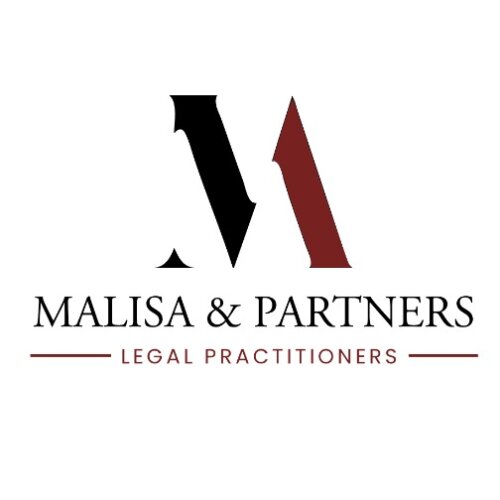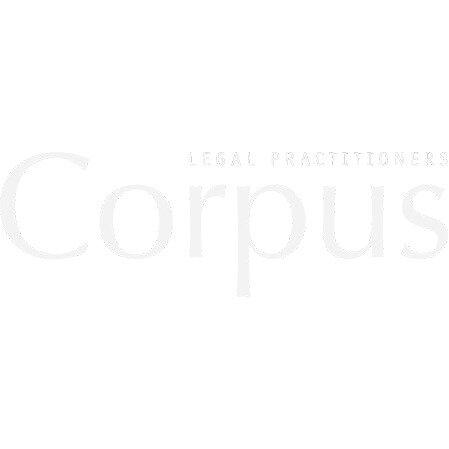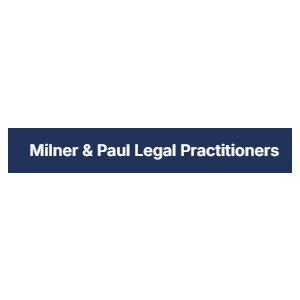Best Landlord & Tenant Lawyers in Lusaka
Share your needs with us, get contacted by law firms.
Free. Takes 2 min.
Free Guide to Hiring a Real Estate Lawyer
List of the best lawyers in Lusaka, Zambia
About Landlord & Tenant Law in Lusaka, Zambia
Landlord & Tenant law in Lusaka, Zambia governs the relationship between landlords and tenants. It outlines the rights and responsibilities of both parties, including rental agreements, eviction procedures, maintenance obligations, and dispute resolution.
Why You May Need a Lawyer
You may need a lawyer in Landlord & Tenant matters if you are facing issues such as unlawful eviction, breach of tenancy agreement, disputes over rent payments, or lack of maintenance by the landlord. A lawyer can provide legal advice, represent you in court if necessary, and help protect your rights as a tenant.
Local Laws Overview
Key aspects of Landlord & Tenant laws in Lusaka, Zambia include the Landlord and Tenant (Business Premises) Act, the Rent Act, and the Residential Tenancies Act. These laws cover issues such as rent control, notice periods for termination of tenancy, and procedures for resolving disputes between landlords and tenants.
Frequently Asked Questions
Q: Can a landlord increase rent whenever they want?
A: In Lusaka, Zambia, landlords can only increase rent after giving proper notice as required by the law and within the limits set by rent control regulations.
Q: Can a landlord evict a tenant without a court order?
A: No, landlords must follow the legal eviction process, which includes obtaining a court order before evicting a tenant.
Q: What rights do tenants have regarding maintenance of the rental property?
A: Tenants have the right to a habitable living space and landlords are responsible for maintaining the property in good repair and addressing any health or safety issues.
Q: How long does a landlord have to return a tenant's security deposit?
A: Landlords in Lusaka, Zambia must return a tenant's security deposit within a reasonable time after the tenancy ends, usually within 30 days.
Q: Can a tenant withhold rent for repairs?
A: Tenants may be able to withhold rent for necessary repairs if the landlord has been notified of the issue and has failed to address it within a reasonable time.
Q: Can a tenant sublet their rental property?
A: Tenants must obtain permission from the landlord before subletting the rental property, unless otherwise stated in the tenancy agreement.
Q: What can a tenant do if they believe they are being discriminated against by a landlord?
A: Tenants who believe they are being discriminated against by a landlord can seek legal advice and may file a complaint with the relevant authorities.
Q: Can a landlord shut off utilities to force a tenant to leave?
A: Landlords are prohibited from shutting off utilities as a means of forcing a tenant to vacate the property. This is illegal and tenants have legal remedies available to them.
Q: Are there limits on how much a landlord can charge for a security deposit?
A: Landlords in Lusaka, Zambia are limited by law on the amount they can charge for a security deposit, usually equivalent to one month's rent.
Q: Can a landlord enter the rental property without the tenant's permission?
A: Landlords must provide reasonable notice before entering the rental property, except in cases of emergency or with the tenant's consent. Unauthorized entry is a violation of the tenant's rights.
Additional Resources
For more information on Landlord & Tenant rights in Lusaka, Zambia, you can contact the Ministry of Local Government and Housing or seek assistance from legal aid organizations such as the Legal Resources Foundation.
Next Steps
If you require legal assistance in a Landlord & Tenant matter in Lusaka, Zambia, it is advisable to consult with a qualified lawyer who specializes in this area of law. They can provide you with legal advice, represent you in negotiations or court proceedings, and help protect your rights as a tenant or landlord.
Lawzana helps you find the best lawyers and law firms in Lusaka through a curated and pre-screened list of qualified legal professionals. Our platform offers rankings and detailed profiles of attorneys and law firms, allowing you to compare based on practice areas, including Landlord & Tenant, experience, and client feedback.
Each profile includes a description of the firm's areas of practice, client reviews, team members and partners, year of establishment, spoken languages, office locations, contact information, social media presence, and any published articles or resources. Most firms on our platform speak English and are experienced in both local and international legal matters.
Get a quote from top-rated law firms in Lusaka, Zambia — quickly, securely, and without unnecessary hassle.
Disclaimer:
The information provided on this page is for general informational purposes only and does not constitute legal advice. While we strive to ensure the accuracy and relevance of the content, legal information may change over time, and interpretations of the law can vary. You should always consult with a qualified legal professional for advice specific to your situation.
We disclaim all liability for actions taken or not taken based on the content of this page. If you believe any information is incorrect or outdated, please contact us, and we will review and update it where appropriate.
















